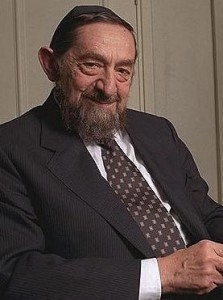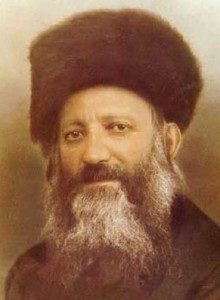Robert Adler (1913-2007) was born in Vienna where he received a Ph.D in physics. At the start of World War II, Adler fled to Belgium, then England, and finally to the US. He soon found a job working at Zenith Electronics, developing military technologies to support the war effort. After the war, Adler turned his attention to television. His first major breakthrough was the gated-beam tube, a revolutionary new type of vacuum tube that significantly reduced both TV costs and signal interference. Meanwhile, a fellow worker at Zenith, Eugene Polley, developed the first (wireless) TV remote control. However, this remote used flashes of light, and could therefore be triggered by sunlight. The company searched for a better solution, and one that required no batteries. Adler came up with a remote that used sound instead of light, and this became the standard for remote controls for the next 25 years (until replaced by infrared remotes that are common today – and unfortunately require batteries). Aside from the remote, Adler owned roughly 180 patents, including early forms of videodiscs and novel laser technologies. He filed his last patent (for improved touch-screen technology) at age 93! Working at Zenith for 41 years (and an additional 15 years as an adviser), he became the company’s vice-president and director of research. For his work, Adler received the coveted Edison Medal, as well as an Emmy Award.
Words of the Week
The people of Israel did not believe in Moses because of the miracles he performed. So why did they believe in him? Because when we stood at Sinai, our own eyes saw and our own ears heard the fire, the sounds and the flames, and how Moses approached the cloud and God’s voice called to him…
– Maimonides



